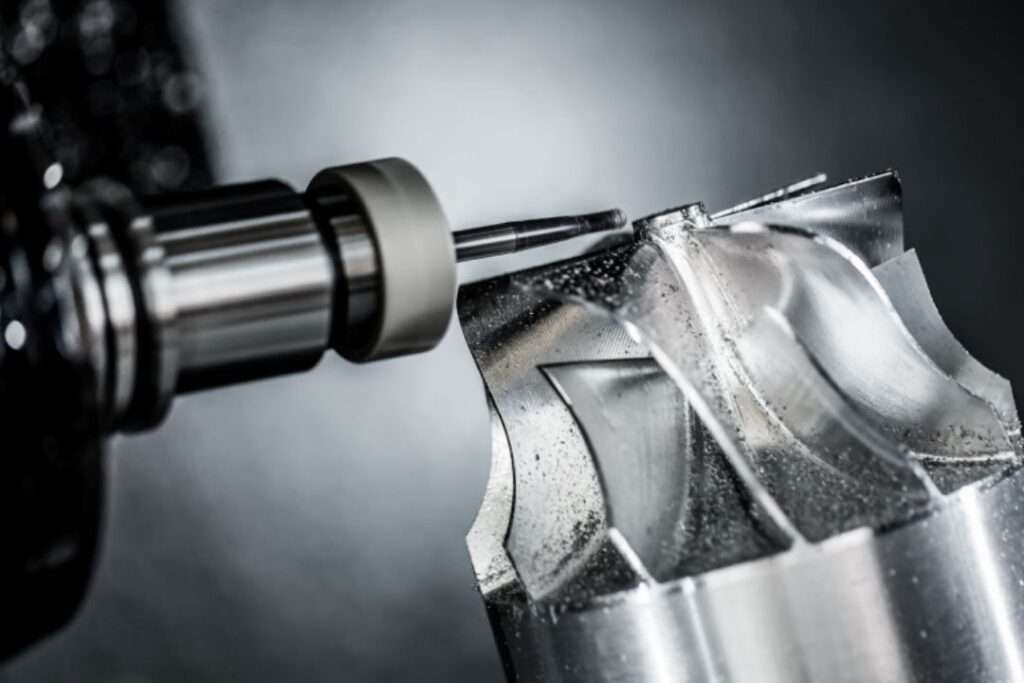Gujarat-based Suchi Semicon has sent its first packaged semiconductor chip to a U.S.-based consumer electronics company for testing and approval, founder Ashok Mehta confirmed. Commercial production is expected to begin by late April, with the company targeting an annual revenue of ₹75–80 crore by the end of the year.
“This is our first shipment to the U.S. for qualification and testing. We’re working with two clients there, and once the chip is approved, we’ll begin production. The testing process should take about two weeks, and we expect to start manufacturing within three to four weeks,” Mehta said.
SuchiSemicon launched its Outsourced Semiconductor Assembly and Test (OSAT) plant in Surat in December 2024, backed by an initial investment of ₹870 crore. Before entering the semiconductor space, the Suchi Group was known for running one of the country’s largest textile embroidery units.
Co-founder Shetal Mehta said the company’s transition from textiles to semiconductors raised eyebrows, but the move was driven by opportunity. “When we began exploring new areas, semiconductors stood out. India still imports 99% of its semiconductor devices. We saw a clear gap in local production and decided to address it by entering a high-growth sector.”
The Surat plant is fully operational, with equipment installed, trial runs completed, and trained personnel ready. It currently has the capacity to produce 1.5 lakh chips daily, with expansion plans targeting up to 3 million chips per day within three to five years. “Our current setup can handle orders from our two initial clients. As we grow, we’ll bring more customers on board,” said Ashok Mehta.
The company has applied for incentives under the central government’s Scheme for Promotion of Manufacturing of Electronic Components and Semiconductors (SPECS), but did not wait for approval to start production. Support from the Gujarat government, including a 20% subsidy on infrastructure and machinery costs, has helped ease the initial investment burden, the founders noted.








